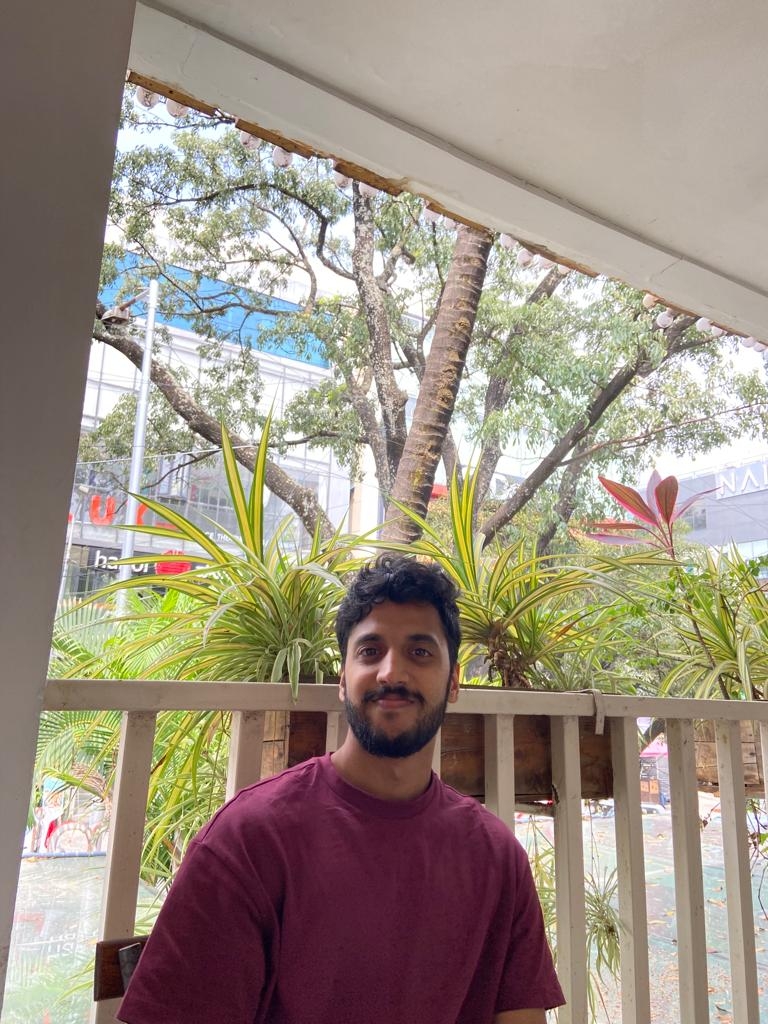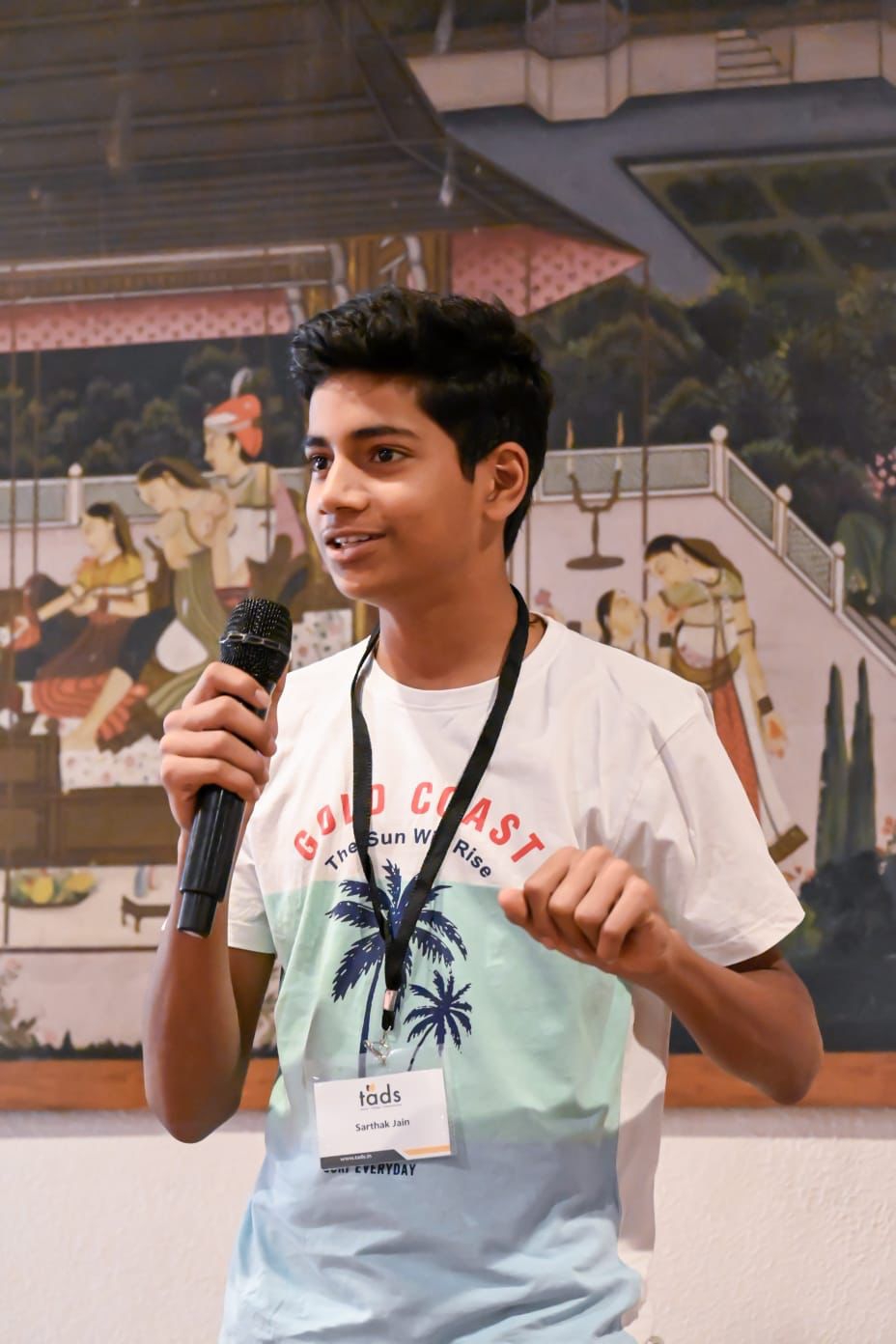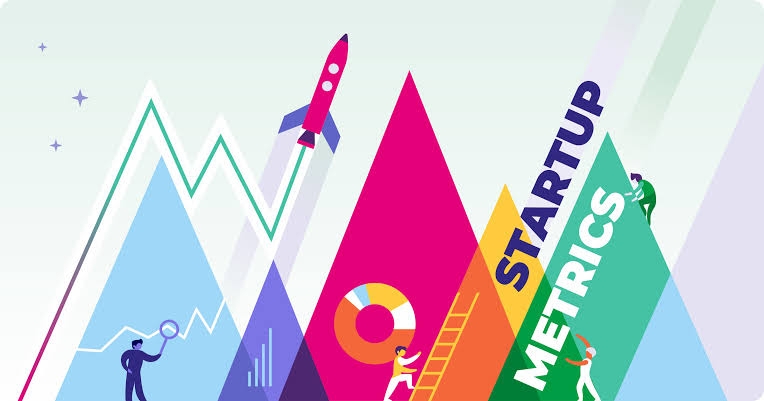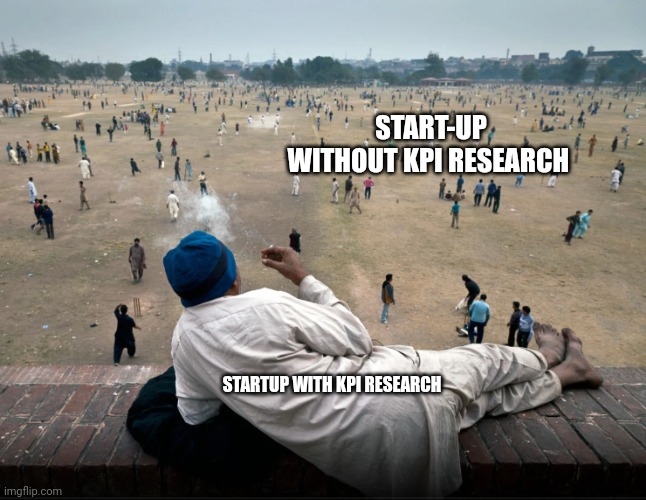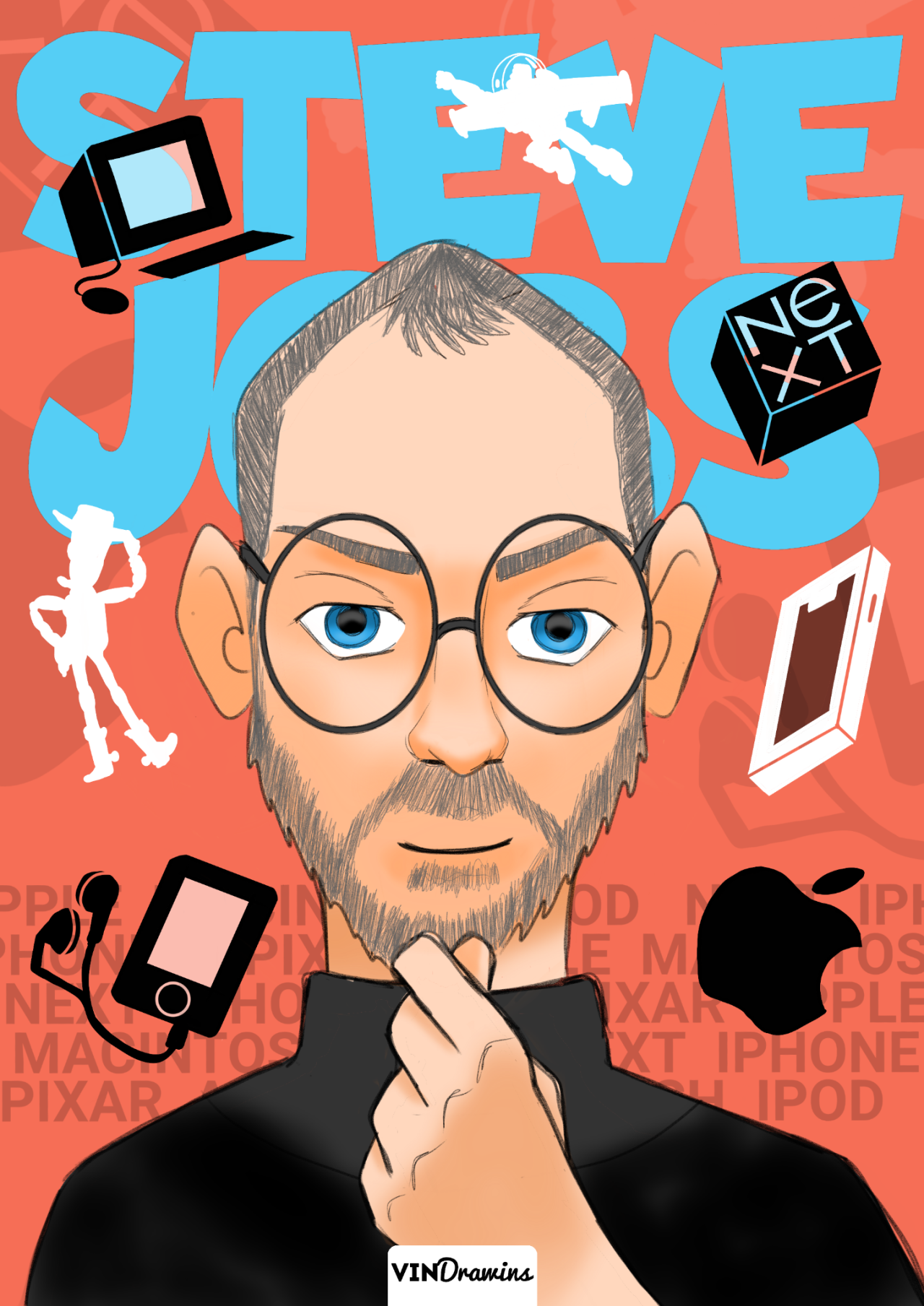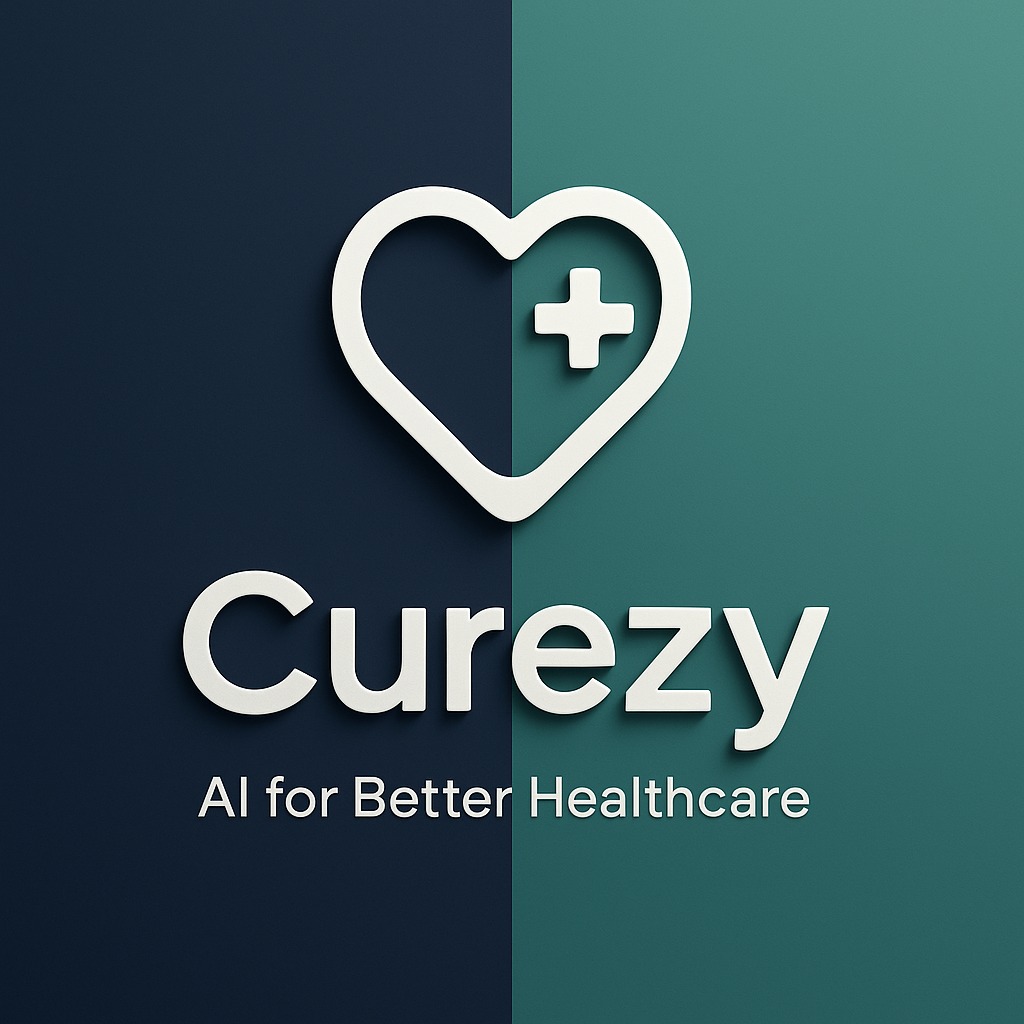Back
Aarihant Aaryan
Prev- Founder & CEO ... • 1y
Last year when I was in Bangalore, I met pretty famous, well-accomplished, and highly insightful founders, one of the questions that I kept asking everyone is How do you validate an idea or how do you know if something will work or not? The reason I asked them specific questions is that whatever they have built, people thought no one would pay for it - they thought it would not work but they proved everyone wrong Most people are wrong with their hypothesis not because they are incompetent, it is because they are too lazy to think Most answers I got were highly insightful, they were kind enough to share frameworks. The entire startup ecosystem will teach you to think of products or ideas with an old framework → Acquisition, retention, and monetization 1. The acquisition means how you will bring users to your product, would be the cost, whether it is easy or hard 2. Retention means How many users are coming back to your product, what’s the reason for them to come back, is it already an established behavior or are you creating one? 3. Monetization means will consumers pay for it? how much are they paying? while they pay you at regular intervals? But on the contrary here’s how you should think about ideas: 1. Monetization first: Will the consumer pay for this? validate that first 2. Retention: Why will the users come back to the product again? how many times are they likely to come back? are you trying to create a behaviour or capitalize on one? For example: On an app like Swiggy you can keep on ordering food all your life, and you don’t have to worry about retention but imagine a learning app, it is hard to solve retention for such products because of no motivation for consumers. 3. Acquisition: How hard is it to acquire consumers? how long the sales cycle is going to be? What’s the cost per lead/cost per acquisition A sizable business can easily be built if you have either one of these things: - High Monetisation: Where consumers are paying you high-value ticket sizes ex: Byju’s / unacademcy - their users churn after a certain time but ticket size compensates well - High retention: An app that high-retention users are coming back to the app again and again, ex: A payment app, a messenger app, swiggy or Rapido - Low Acquisition or organic acquisition: Acquiring users on your product for low cost or at least no cost - ex: Most of the online courses leverage YouTube and solve for organic acquisition, that’s why they can sustain With this framework, you should be able to Approve or disapprove of an idea in 5mins
Replies (15)
More like this
Recommendations from Medial
Aarihant Aaryan
Prev- Founder & CEO ... • 1y
There's a huge difference between building a mediocre business, sizable business and a great business Here's how you can know if your idea will turn into a mediocre business, sizable business and a great business There are 3 important components
See MoreAccount Deleted
•
Urmila Info Solution • 6m
What’s the ROI of gamification? Ask our clients with 3x user retention. Founders ask: “How much does gamification cost?” We ask: “How much does low retention cost you?” At Opslify, we don’t just code products. We build experiences that: ⚡ Keep user
See MorePoosarla Sai Karthik
Tech guy with a busi... • 4m
I read an article called The Month 1 Retention Dilemma by Harsh, and it had some really good points: Many apps think they have great retention, but a lot of users just forget to cancel. That’s not real loyalty. It just looks good on charts. For so
See MoreVikas Acharya
Building Reviv | Ent... • 1y
Why Most Startups Die Due to “Zombie Metrics” (And How to Avoid) ⁉️ Many early-stage founders celebrate the wrong things—likes, followers, website visits, or app downloads—thinking they signal growth. In reality, these are Zombie Metrics. What Are
See More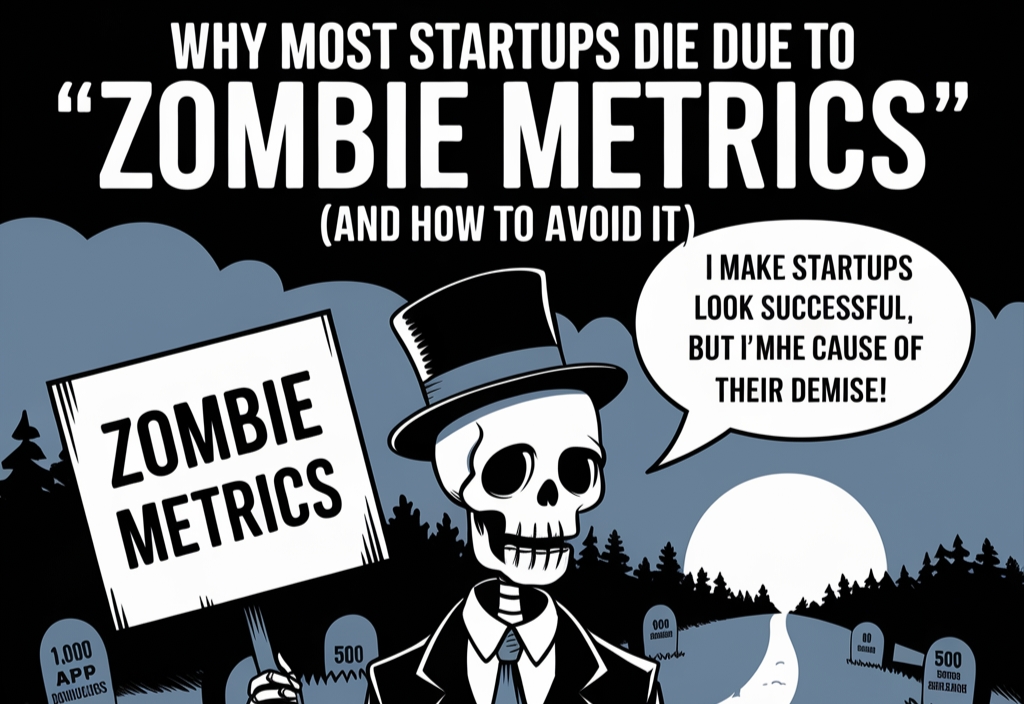
Download the medial app to read full posts, comements and news.





